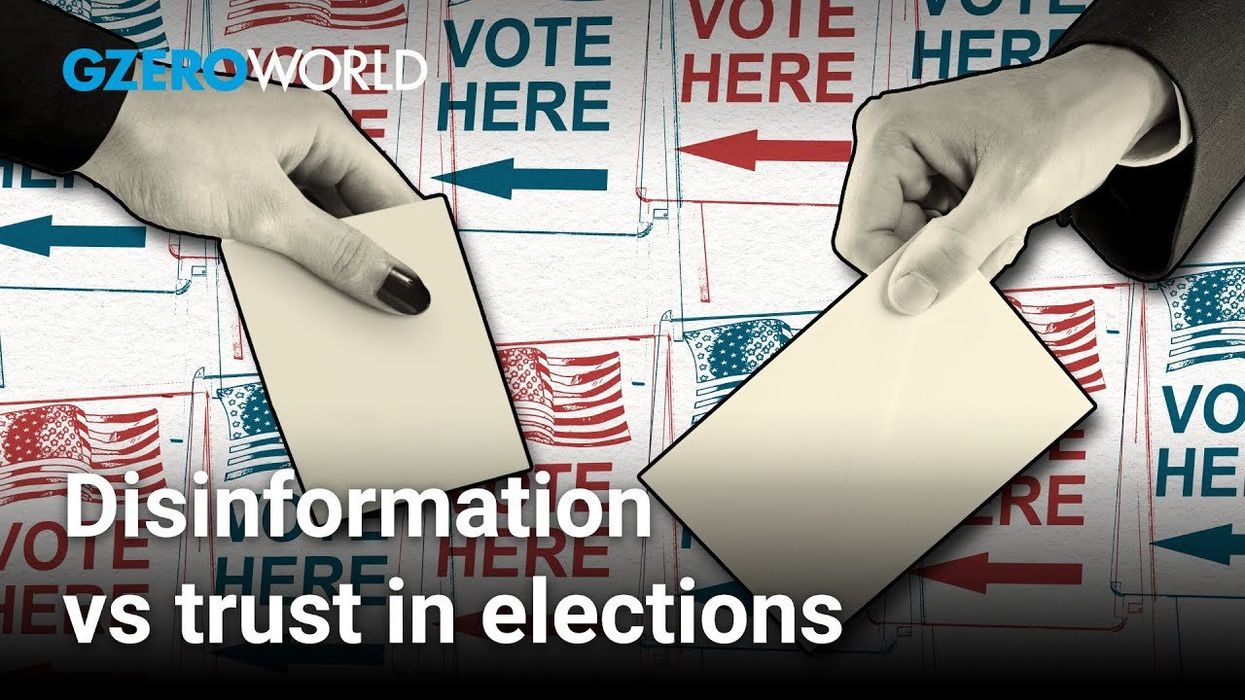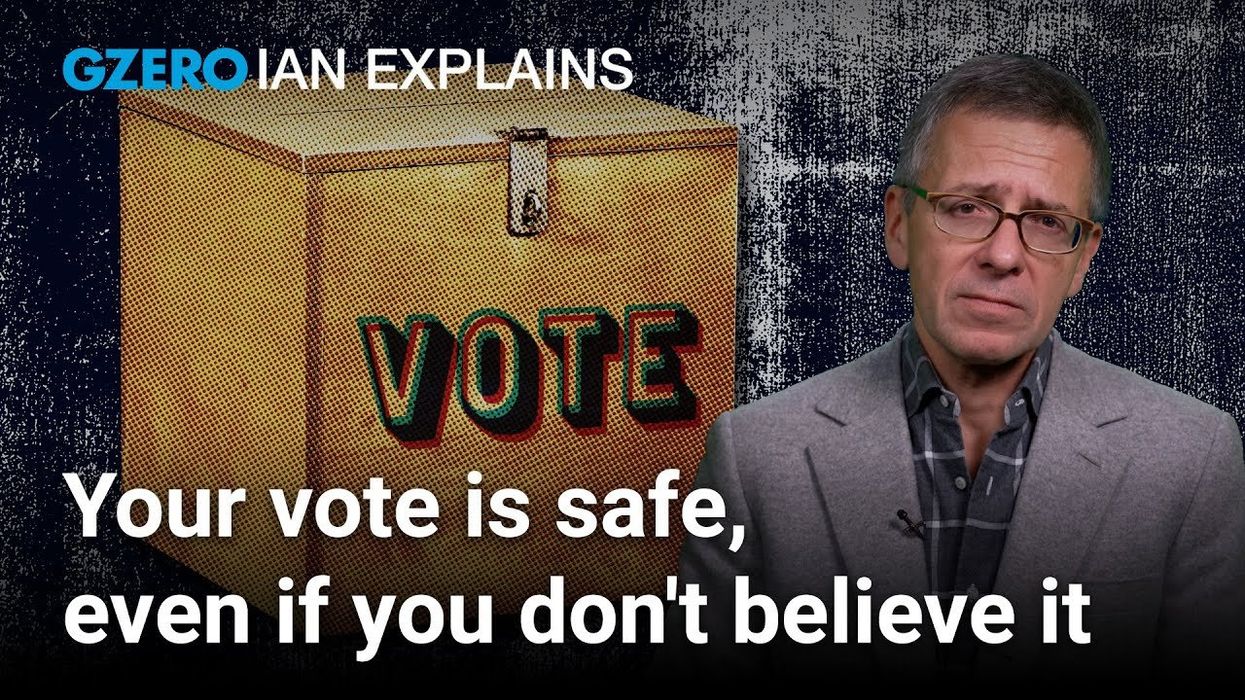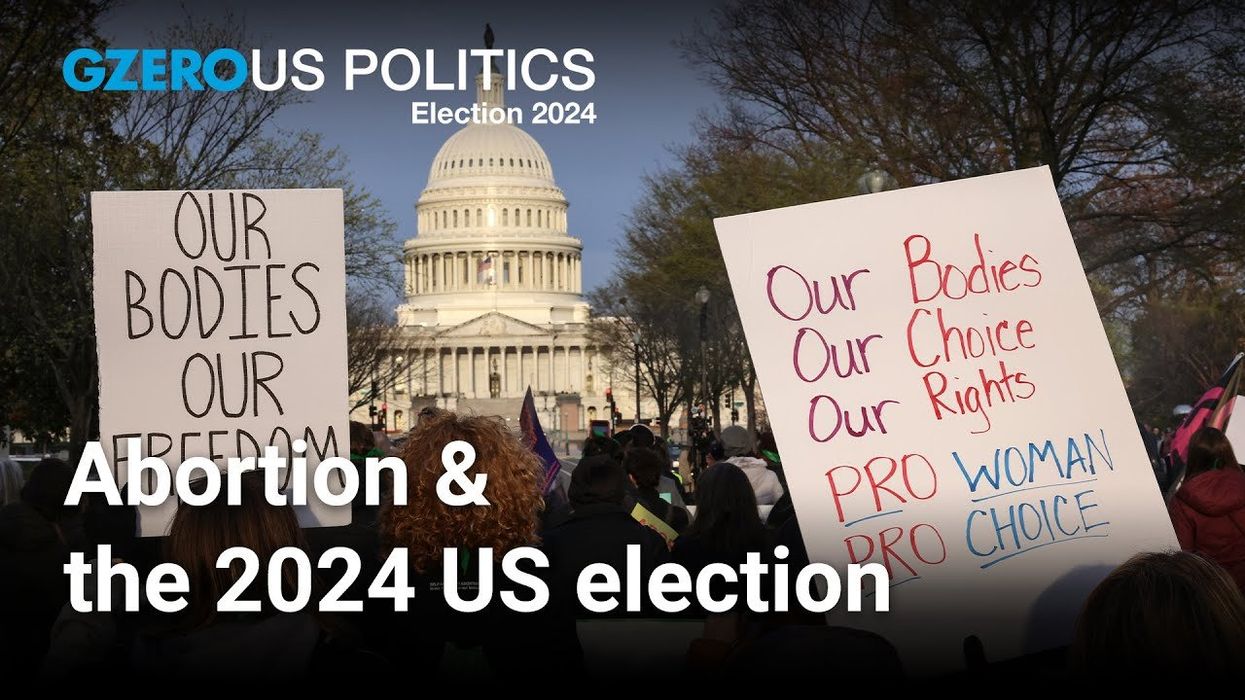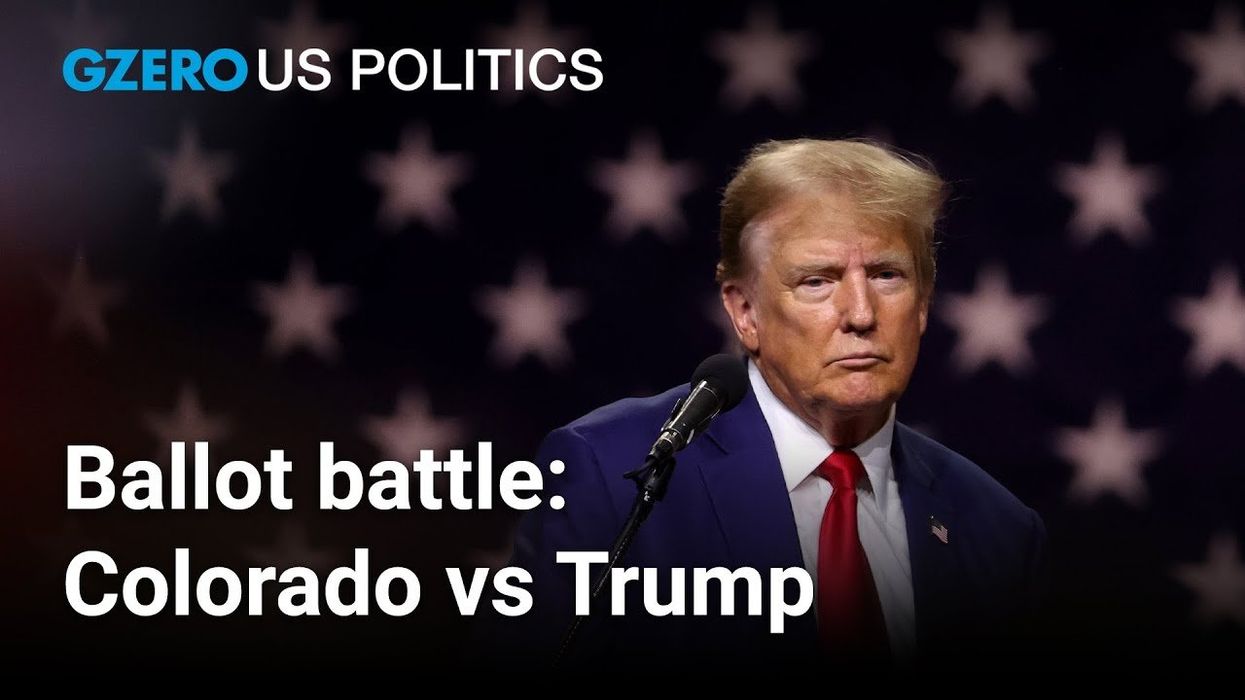GZERO World Clips
US election disinformation: How myths like non-citizen voting erode public trust
On GZERO World with Ian Bremmer, US cybersecurity chief Jen Easterly discusses disinformation and its impact on the country. She debunks the myth of non-citizen voting and warns that spreading such conspiracy theories is “corrosive to democracy.”
Nov 04, 2024




